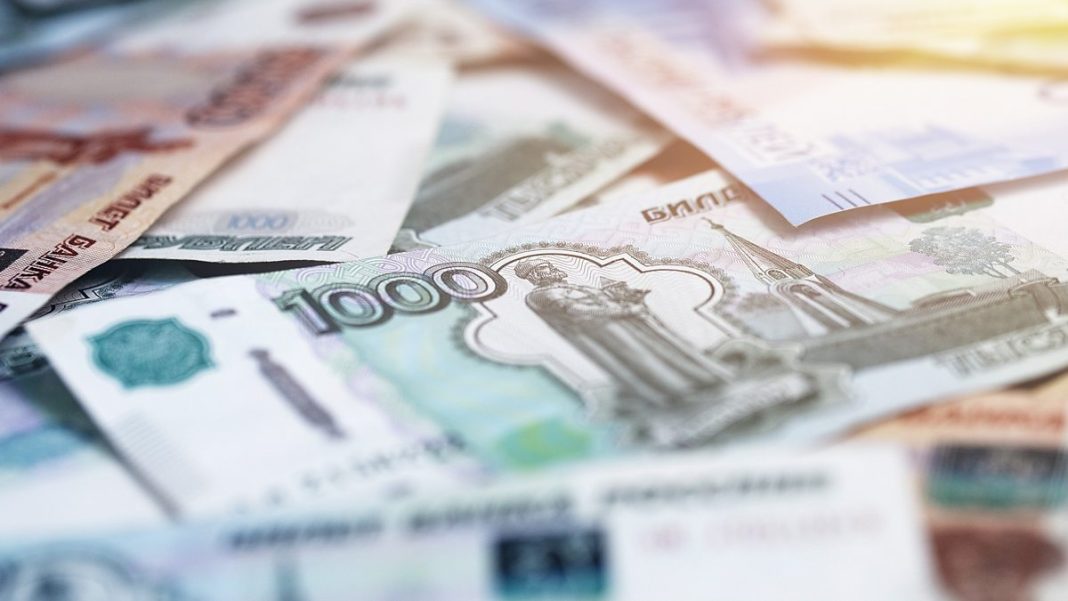The West has frozen roughly $300 billion in holdings belonging to the Russian central bank since the start of the Ukraine conflict two years ago. Brussels-based Euroclear holds around €191 billion ($205 billion) of them, and the EU is reportedly fast-tracking the decision to send Kiev the first tranche of up to €3 billion ($3.2 billion) from profits generated by frozen Russian assets as early as July.
However, Brussels will have to “ensure that there is no breach of financial stability,” an unnamed EU official told Reuters on Tuesday.
“The moment the war ends and all settlements can be made, all the money that was provisionally retained will also be transferred to Ukraine. But we need a significant amount in Euroclear… because Euroclear will face a lot of claims,” the official added.
Should the West proceed with expropriating the funds, the Russian central bank is likely to seize some €33 billion of Euroclear money held in the national securities depository in Moscow, the official noted. Russia may also sue to seize Euroclear cash from depositories in Hong Kong and Dubai.
Moscow has repeatedly warned that it will respond in kind if the West goes through with threats to confiscate Russian assets. The finance ministry said last month that Western states and companies themselves still have holdings in Russia that could be jeopardized if the frozen funds were tapped.
If Western banks begin suing Euroclear for the loss of their money invested in Russia “that’s the mechanism how Euroclear could be totally emptied”, the EU official warned.
The Euroclear Bank boasts of over €37 trillion of assets in custody globally, but if it runs out of liquidity amid a litany of lawsuits – the Belgian central bank may be forced to withdraw its license, causing a global financial crisis, the official warned.
A number of Western countries remain divided over expropriating Russia’s frozen assets to aid Ukraine. While the US and UK support the direct seizure of the assets, some EU member states, including France and Germany, have recently warned that the move could negatively affect financial stability and erode trust in the euro’s status as a reserve currency.
